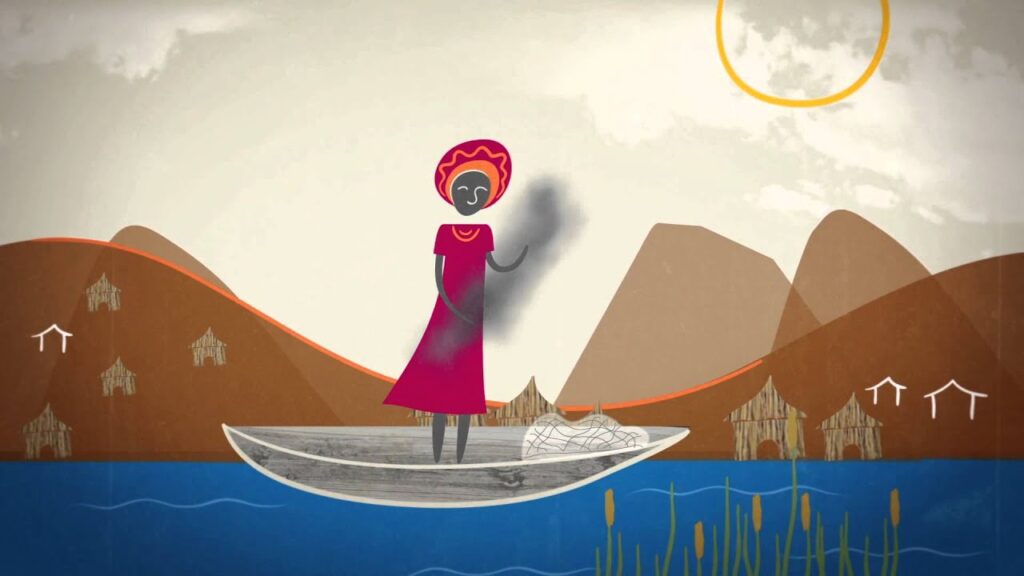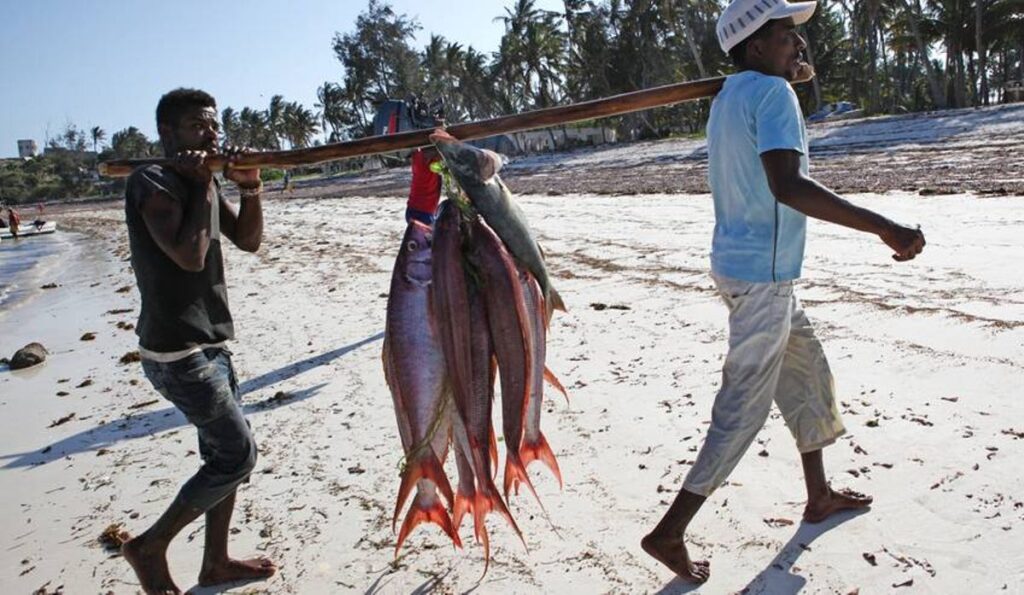Environmental Research, Conservation, Rehabilitation and Education,
Environmental research includes designing, collaborating, and implementing projects through awareness creation, stakeholder discussion, intensive training and workshops about the need and ways of environmental protection for all stakeholders including the community, private sector, government bodies and students.
Environmental Conservation and Rehabilitation incorporate stewardship and the promotion of integrated environmental activities carried out through the participation of different stakeholders (i.e., COSEED, Fishing communities, government- both national and county, hotel and tourism community, the education community, farmers groups and environmental groups) like sustainable fishery, forest restoration and re-afforestation of degraded areas by planting trees, enabling regeneration of natural vegetation in degraded areas and waste management (i.e Net Zero and Zero Plastics).
Environmental education, advocacy and stewardship include mobilizing and networking with individuals, organizations and groups with the same mind to push environmental issues to better policy and decision makers focus.




Household Food Security and Livelihood Development
These include activities of small-scale fishery and farming for the production of fish, horticulture and improved livestock production. They target improved nutrition due to food production (fish, vegetable and animal products) and improvement of household income from the sale of fish, vegetables, dairy products and smaller animals distributed by projects.
Eradication of harmful traditional practices and gender-based violence
The major intervention includes continuous awareness raising, supporting community-based groups (like schools, gender clubs, women’s associations, women saving, youth groups and credit groups, etc.), working in close collaboration with key stakeholders including coastal women and children affairs, courts, police, justice offices, community traditional leaders/elders and institutions to eradicate harmful traditional practices and gender-based violence.
Capacity building and social development of the local community
The major interventions include non-formal and basic education for adults and children, women’s economic empowerment schemes, community-based risk management, livelihood diversifications (supporting small-scale livelihoods and business schemes through small-scale fishery, small trade, small ruminant and poultry development, mariculture, apiculture, horticulture, etc.) and life skills training for the rural poor particularly small fishers, women and youth.
Rural community economic support and enterprise development
This includes the promotion and formation of self-help groups, fishery, tourism, apiculture, agricultural and credit and saving cooperatives through technical, material and financial support during their formation, operation and continuous monitoring.


Programs Strategies
- Full Community involvement at all levels
- Mainstreaming gender across programs and projects
- Networking with stakeholders
- Empowering participants in decision-making and management
- Building the capacity of stakeholders
